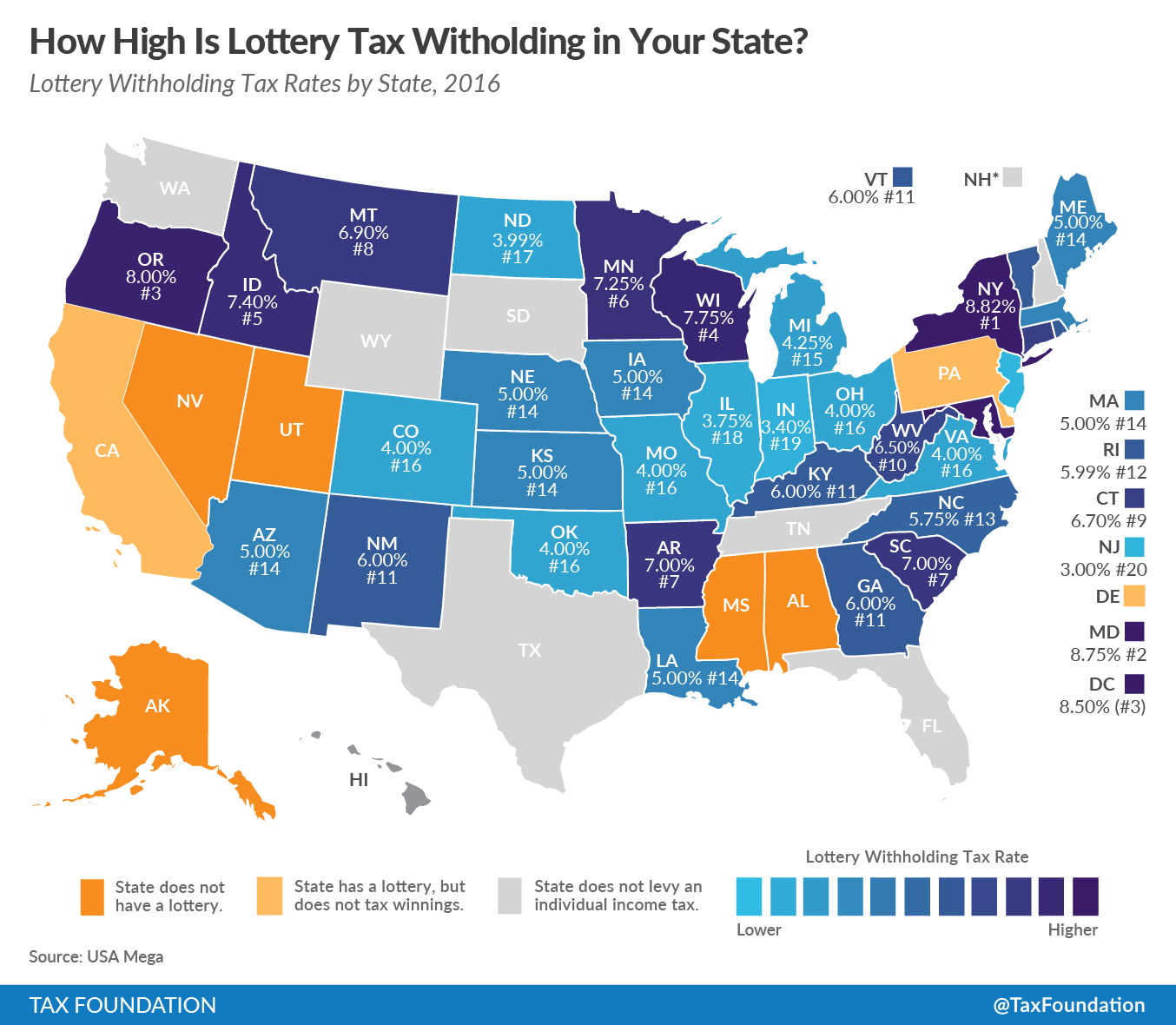Editorial Note: Credit Karma receives compensation from third-party advertisers, but that doesn’t affect our editors’ opinions. Our marketing partners don’t review, approve or endorse our editorial content. It’s accurate to the best of our knowledge when posted. Availability of products, features and discounts may vary by state or territory. Read our Editorial Guidelines to learn more about our team.
The withholding rate for gamblers living in American is only 28% (it was 20%, up to 1992). Having the IRS take $28,000 out of a jackpot of $100,000 is painful. But, it can hurt even more when tax forms are filled out. There is no 30% maximum tax for people living in the U.S., and really big winners often end up paying a lot more than 28% or 30%. Here we’ll look at the top 10 countries with both the highest and lowest tax rates on gambling. A haven for online gamblers up until very recently with its tax-free winnings legislation. The news about taxes on gambling winnings doesn’t end there. The gambling institution is required to withhold 24% of your winnings as federal withholding tax, down from the previous 25% under the tax reform law. At tax time, you’ll receive Form W-2G for all reported winnings showing the amount you won and the taxes withheld. All casino winnings are subject to federal taxes. However, the IRS only requires the casinos to report wins over $1,200 on slots and video poker machines or other games such as keno, lottery or horse racing. When you have a win equal to or greater than $1200, you are issued a W-2G form. This form lists your name, address and Social Security number.
 Advertiser Disclosure
Advertiser DisclosureWe think it's important for you to understand how we make money. It's pretty simple, actually. The offers for financial products you see on our platform come from companies who pay us. The money we make helps us give you access to free credit scores and reports and helps us create our other great tools and educational materials.
Compensation may factor into how and where products appear on our platform (and in what order). But since we generally make money when you find an offer you like and get, we try to show you offers we think are a good match for you. That's why we provide features like your Approval Odds and savings estimates.
Of course, the offers on our platform don't represent all financial products out there, but our goal is to show you as many great options as we can.
This article was fact-checked by our editors and Jennifer Samuel, senior product specialist for Credit Karma Tax®.
Gambling may just be a hobby to you, but there’s nothing casual about it when it comes to filing your federal income taxes.
Nearly two-thirds of Americans gamble, according to a 2016 Gallup poll. And while you might think that winning a few bucks from a scratch ticket or a weekend trip to Vegas isn’t a big deal, the government considers every dollar you win from gambling as taxable income.
As a result, it’s important to understand how to report your gambling winnings, what to include and how you can use your losses in your favor. Here are some things you should know about how gambling winnings are taxed.
1. You must report all your winnings
Depending on how much you won during the year, you may receive a Form W-2G listing your gambling winnings. But even if you don’t receive the form, you’re still required to report all your winnings as “other income” on your tax return.
“All cash and non-cash gambling winnings are taxable and should be reported as ‘other income,’ ” says Patrick Leddy, partner at Farmand, Farmand & Farmand LLP. This includes any winnings you received from casinos, lotteries, raffles or horse races. Non-cash winnings, such as prizes like cars or trips, are also considered taxable income and are taxed based on their fair market value.

To make sure you keep track of both your winnings and losses, record the following details every time you gamble:
- The date and type of your gamble or gambling activity
- The name and location of the gambling establishment
- Names of other people who were with you, if applicable
- How much you won or lost
- Related receipts, bank statements and payment slips
2. You can deduct some losses
No one likes to talk about how much money they lost gambling. But when it comes to your tax return, being honest can save you money. That’s because the IRS allows you to deduct gambling losses.
Though you may not be able to deduct all your losses.
“Taxpayers can deduct gambling losses only up to the amount of their gambling winnings,” says Leddy, “and only if they itemize their deductions.”
For example, if your gambling winnings totaled $5,000 in the tax year, but you lost $6,000, you can only deduct $5,000 of those losses. Keep in mind, itemizing your deductions may not afford you the maximum tax benefit. If your total itemized deductions — which can also include charitable donations, home mortgage interest and medical expenses — don’t exceed your standard deduction, itemizing might not be the optimum choice for you.
Can I deduct the cost of a gambling addiction recovery program?
IRS Publication 502 lists alcohol and drug-related addiction-recovery programs as eligible for the medical expense deduction. However, gambling addiction isn’t included. If you need help dealing with a gambling addiction, you can call the Substance Abuse and Mental Health Service Administration’s 24/7, 365-days-a-year hotline at 1-800-662-4357.
3. Even illegal gambling winnings are taxable
According to the American Gaming Association, it’s estimated that Americans spend more than $150 billion per year on illegal U.S. sports betting — and yes, that can include your office March Madness pool.
A May 2018 U.S. Supreme Court ruling opened the door for states to legalize sports betting, but not all have done so. That said, any winnings you receive from betting on sports legally or illegally (or from any illegal activity, for that matter) are still taxable.
Learn more about sports betting and taxesBottom line
Gambling Win Tax Rates
So how are gambling winnings taxed? Every dollar you win from gambling, whether legally or not, is considered taxable income. As a result, it’s critical that you keep a record of your winnings so that you can report them accurately. You’ll also want to keep track of your losses so that you can use them to qualify for a tax break.
Once you’re ready to file your taxes, Credit Karma Tax® can help show you where to include both your winnings and your losses so that you can maximize your tax refund if you’re owed one.
Gambling Win Tax Rate
Jennifer Samuel, senior tax product specialist for Credit Karma Tax®, has more than a decade of experience in the tax preparation industry, including work as a tax analyst and tax preparation professional. She holds a bachelor’s degree in accounting from Saint Leo University. You can find her on LinkedIn.
